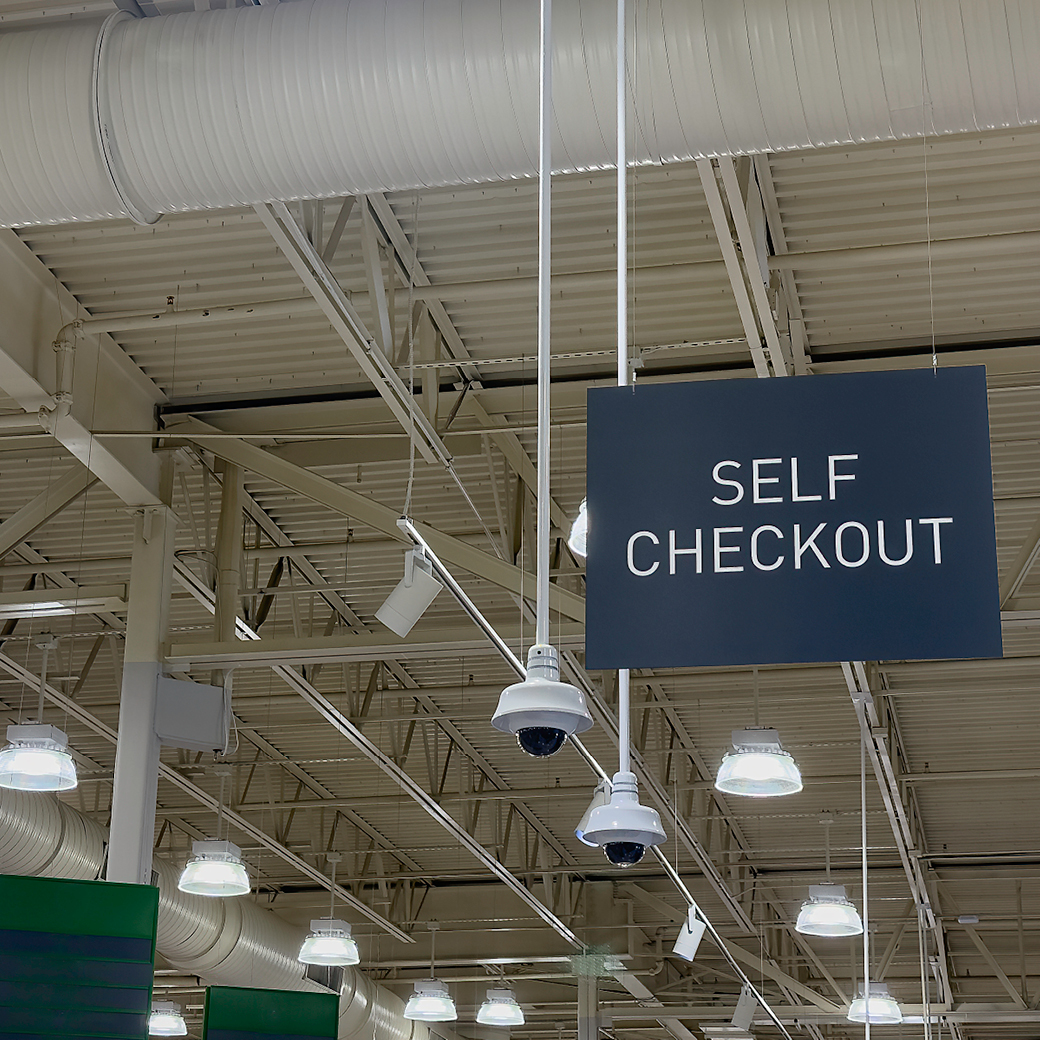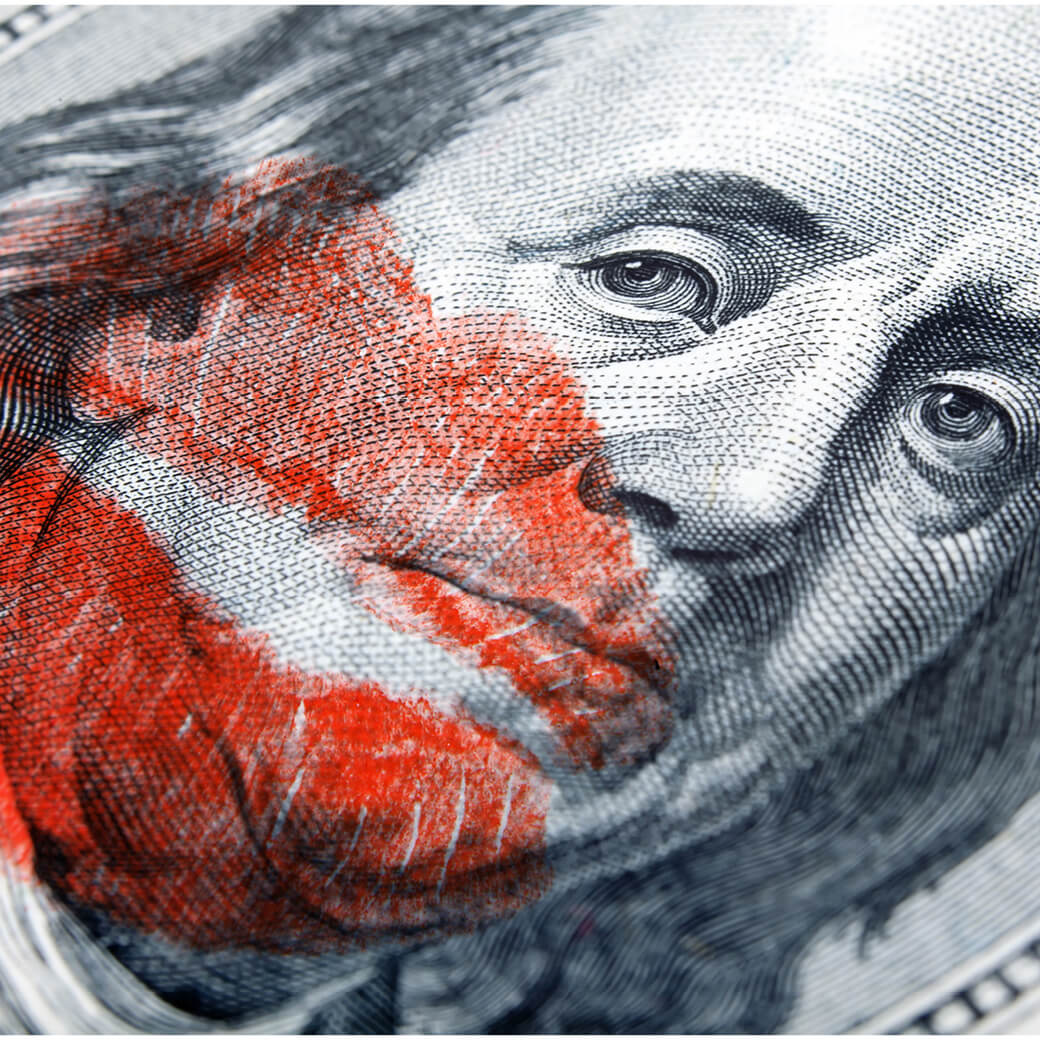
Not long after I arrived in the US, I was working at a small ad agency in Washington DC. We took on as a client Bahman “Batman” Batmanghelidj, a developer, originally from Iran who had grand visions of developing what was then a very rural area around Dulles Airport in Virginia.
Bahman’s nephew and I were the respective point-persons for our companies. Though we had both grown up in England, we came from very different backgrounds, particularly economically. He, a private-schooled scion of a wealthy dynasty and me, the last of seven kids, born to a mum that never owned a washing machine and who did all the family’s laundry by hand.
But Bobby and I saw the opportunity of the US in the same way. He summed it up perfectly. “In England, when a guy drives down the street in a Rolls Royce, people watch him and say, ‘look at that bastard in his fancy ride, who does he think he is?’ In the US people look at him and say, ‘One day, I’m driving that car.’”
And, as different as our backgrounds were, it truly felt to both of us that there was a path to make it happen for each of us. It always seemed that anything was attainable here. Conversely, when I had moved to London from my hometown, Newcastle, with my Geordie accent, as soon as I opened my mouth, there was an assumed 20-point IQ drop and an instant belief that I was an idiot, probably prone to violence and drinking.
Yet, in the US I was assumed somehow smarter and with a cute accent… An American upgrade.
It did not work that way for everyone. Even after all these years, I still recoil when I recall the abuses of power I witnessed at the INS. (The Immigration and Naturalization Service – name since changed.) Even (or perhaps especially) in the waiting room, the receptionists would treat anyone that seemed “foreign” which is to say any colour other than white, any strange accent, any obvious non-Christian adornment, with absolute contempt. If you did not understand a command rendered in English on the first bark, things went downhill fast. The INS guys were dealing with people who had zero power and they made the most of it. It was like a bureaucratic version of the Stanford Prison Experiment.
However, Young Simon with the English accent was lord of all I surveyed. “Ooh what a nice voice, where are you from? Have you ever met the Queen?”
A study that researched the tax records of 5 million Americans concluded that what zip code a child grows up in will have a very significant effect on their future. Different zip codes, of course, provide various sub-variants including the prevalence of two-parent households, quality of schools, segregation of income and race, income inequality and crime rates that were all concluded to have a direct impact on a child’s future financial success.
But I’d like to suggest a factor that is missing from their conclusions and a question that most likely was not even asked about: Identity. Who you believe you are and what tribe you think you belong to will have an effect on many decisions and emotions that will have a direct and ongoing effect on one’s future. All the sub-variants in the study amounted to cues in identity creation.
There is a magnificent video produced by Dove that I have used to open a number of lectures. At the entrance of large office buildings in several cities worldwide, signs were erected over the doors, marking one entrance as “Average” and the other as “Beautiful.” It is both compelling and sad to watch how the vast majority of women self-select themselves as average. When I show this video, I remind the audience that the video is just the simple act of deciding through which literal door one will literally walk, but it is also an excellent allegory to the many “doors” we encounter every day and the thousands we encounter over the course of our lives. What schooling do I deserve? How smart am I? What kind of relationship should I be in? What level of respect do I deserve? Should I like myself? Am I worthy of love? How should I treat this stranger?
Something that researchers and government too often seem to miss but many corporations understand very well, is that who people believe themselves to be is the prism through which their decisions shine. As the Dove video shows, mostly in life, people are their own brakes and accelerators, and their identity is the controller for which one they will push. Kids who grow up in groups where higher income, higher education, healthy eating and healthy habits are the norm are much more likely to see that as their norm also. Thus, it does not feel like a mountain to climb to obtain such results for themselves, it’s just who they are and what they do. They are more likely to try and they are more likely to believe and achieve.
The research showed that 1 in 3 children who are raised in affluent families make a minimum of $100,000 by the time they’re 30. In lower-income brackets, that stat drops to 1 in 25.
From dieting to drug prevention, there is much talk around behaviour change. Sadly, that is part of the reason why most diets fail and there is so much recidivism in prevention programs. Behaviour change is actually rather easy to bring about. Bribery works. Threats also. Mocking and guilt or jealousy are also behavior change levers. The problem with behaviour change alone is that the person has not changed. If purely stimulus is the impetus, then they run in tandem. Remove the stimulus and the impetus withers alongside.
People act in reflection of who they believe themselves to be and how they believe such a person would act. This can be manipulated both positively and negatively. Think of what behaviours someone who saw themselves as a “patriot” might have felt called to 25 years ago vs what behaviour that same belief might engender today. Don’t imagine that this change was not purposefully (and externally) conditioned…
Thirty years ago I gave up smoking. I had started smoking at eighteen because my girlfriend smoked. I still vividly remember the dizziness caused by smoking that first cigarette on the upper deck of a bus in Newcastle. Five years later I was living in Washington DC smoking three packs a day. One night, I found myself in a nightclub bathroom coughing uncontrollably. I finally walked out and said to my friends, “if smoking gets in the way of dancing, I’m done.” I scrunched up my remaining pack and tossed it. I have never smoked another cigarette.
But something I said, even way back then, as I rediscovered my love for running, was that “I am not a smoker that has given up; I am a non-smoker that smoked for a few years.” That identity evolution is what made the difference. For me it happened rather seamlessly. I loved clubbing and I loved running and racing again and I could see and feel an either/or choice between those endeavours and smoking. Who I identified as changed and how I acted changed to reflect it. Runners don’t smoke.
We face such challenging times. Despair is at a high, hope at a low. Suicide is a scourge; drug use is accelerating. So many people define their identity through negatives. Who they are against; that they are especially persecuted; that “others” are evil.
I stumbled across the speech that Jesse Jackson gave at the 1988 Democratic convention. Please listen to it (the video version is clipped) and feel strength, conviction and hope course through your veins. There are so many great things in that speech, but one I particularly like is when he says of Governor Michael Dukakis – who he ran against for the Democratic nomination:
“Providence has enabled our paths to intersect. His foreparents came to America on immigrant ships; my foreparents came to America on slave ships. But whatever the original ships, we're in the same boat tonight.”
True behaviour change, whether personal, national or communal, will not come about by cajoling, by threats, by bribery or even by willpower.
True, lasting behaviour change comes via identity evolution. All those times (most all of the time) when you are not thinking about it, you will act as you believe you are. Whether it is people struggling with drug use issues, people who dislike their fellow humans or people deciding what to put in their grocery cart, they are simply following behaviour patterns that synch with their identity.
If, whether alone or with support, people evolve their identity to one where hope, light and love are the norm, their behaviour will follow. This process does not work lastingly in reverse order.
Let’s try and have the “average door” seize-up from lack of use…

“Everybody does it” may be the most dangerous moral shortcut we’ve collectively agreed to tolerate.

When humans face true cataclysm, we pull together. When it’s about money and power, not so much.
People seek to have power over their own lives. Teens, adults, older adults – everyone. What happens when they feel powerless? What happens when you or your communications make them feel they have less power?
The way we talk to others demand that they accept an identity for themselves, and sets up a particular relational dynamic. If we're not careful, that identity can be stigmatizing or turn away the very people we're trying to help.
Get the latest posts and updates delivered to your inbox.